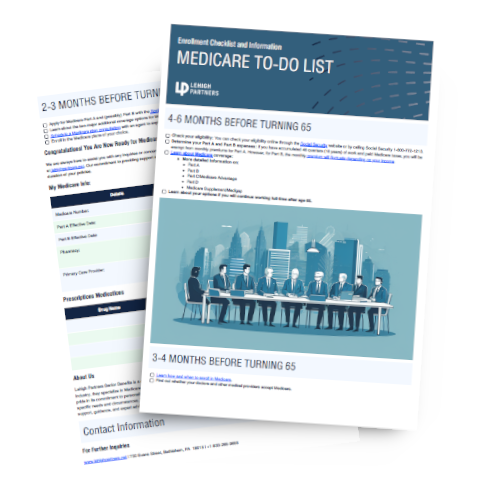You may need help paying for Medicare. The program has monthly premiums for Part B (doctor's visits) and Part D (prescription drugs), deductibles, and copays each time you get care. A small number of people also have to pay premiums for Part A. If you can't afford these costs, you may qualify for financial aid to pay all or part of these costs. In most states, you qualify for help based on how much money you make each year and your financial assets -- how much money you've saved or have invested.
Find a Medicare Plan that Fits Your Needs
get a free review
Aid programs include:
- Medicare Savings Programs. This can help pay for doctor visits, tests, hospital costs, and more.
- Part D Extra Help. This covers your prescription drug costs.
- Medicaid . This covers many medical costs and services. It's run by the state where you live.
The three main programs to help pay for Medicare cover some of the same things. But they cover different types of care and services, too. To qualify, you have to meet different rules for each one. Look at each one carefully to decide what is best for you.
Medicare Savings Programs
These state programs may help pay for your monthly Medicare premiums, copayments, and more. They're open to certain people with low incomes.
You should be able to save on your out-of-pocket costs. How much you save will vary depending on the state you live in.
The programs are:
- The Qualified Medicare Beneficiary Program, which helps with Part A and B premiums and Part A and Part B deductibles, coinsurance, and copays.
- The Specified Low-Income Medicare Beneficiary Program, which helps with Part B premiums.
- The Qualifying Individual Program, which also helps with Part B premiums.
- The Qualified Disabled and Working Individuals Program, which helps with Part A premiums. Although most people do not have to pay a premium for Part A, some people who are under age 65 may lose their premium-free Part A benefits when they return to work. This program can help pay that premium.
Whether you qualify depends on your income and assets. To find out if you qualify, go to Medicare.gov to see the income limits for each of the programs.
To apply, call your state's medical assistance or Medicaid office. To get your local number, call 800-MEDICARE (800-633-4227) or visit Medicare.gov.
Duel Needs Plans
If you do qualify for Medicaid you will also qualify for a special needs plan called duel special needs plan
A dual special needs plan is a type of health insurance plan. It’s for people who have both Medicaid and Medicare. If that’s you, you’re “dual-eligible.” (That’s just another way of saying you can have Medicaid and Medicare at the same time).
A Dual Special Needs Plan works together with your Medicaid health plan. You’ll keep all your Medicaid benefits. Most dual health insurance plans also give you more benefits and features than you get with Original Medicare. All for a $0 plan premium.
Learn More About Dual Eligible Plans
Understand if you're eligible for a dual plan, and find the plan that may be a good fit for your needs.
A Special Note About Enrolling in D-SNP Plans
If you qualify for Medicaid and are enrolled in Medicare, you may be able to enroll in a Dual Special Needs Plan during the first nine months of the year in a Special Enrollment Period, rather than the Medicare Annual Enrollment Period (AEP) in the fall.

